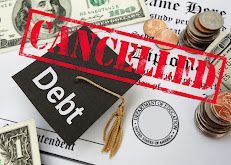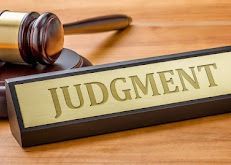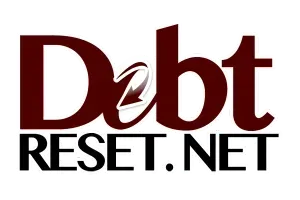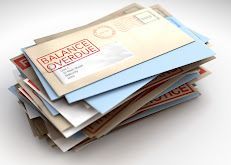Eliminating Personal Guarantees on Business Debt
How Chapter 7 Bankruptcy Can Help Small Business Owners
When a business owner files for Chapter 7 bankruptcy, they may be able to discharge or eliminate their personal liability for certain business debts. This can be particularly beneficial for small business owners who have personally guaranteed business loans or other debts.
A personal guarantee is a legal agreement in which an individual agrees to be personally responsible for repaying a debt if the business is unable to do so. This means that if the business defaults on the loan or other debt, the creditor can come after the individual's personal assets to collect the debt.
However, when a business owner files for Chapter 7 bankruptcy, they may be able to eliminate their personal liability for certain debts, including those that were personally guaranteed. This means that the creditor can no longer pursue the individual for repayment of the debt.
In order to eliminate personal guarantees on business debt in Chapter 7 bankruptcy, the business owner must meet certain criteria. First, they must qualify for Chapter 7 bankruptcy, which involves passing a means test to determine if their income is low enough to qualify for this type of bankruptcy.
Second, the debt in question must be dischargeable under bankruptcy law. Certain types of debts, such as taxes and student loans, ordinarily cannot be discharged in bankruptcy, unless additional criteria are met. However, many types of business debts, including loans and credit card balances, can be discharged.
Finally, the business owner must provide evidence that the debt was incurred for business purposes and not for personal expenses. If the debt was incurred for personal expenses, it may not be dischargeable even if it was guaranteed by the business owner.
Eliminating personal guarantees on business debt in Chapter 7 bankruptcy can be a complex process, and it is important to consult with an experienced bankruptcy attorney to ensure that all legal requirements are met. However, for small business owners struggling with debt, this option can provide much-needed relief from personal liability for business debts.



